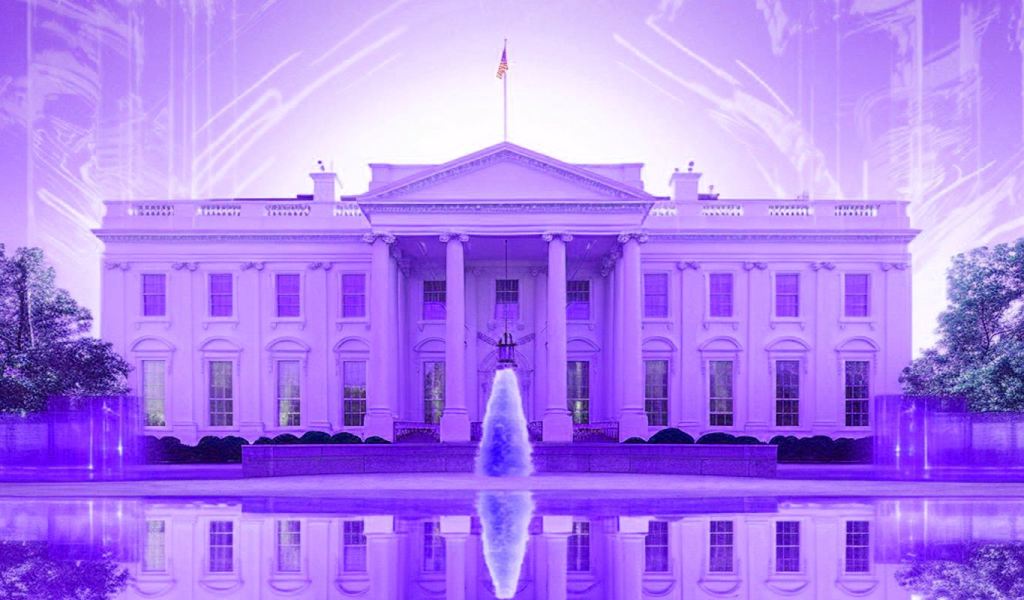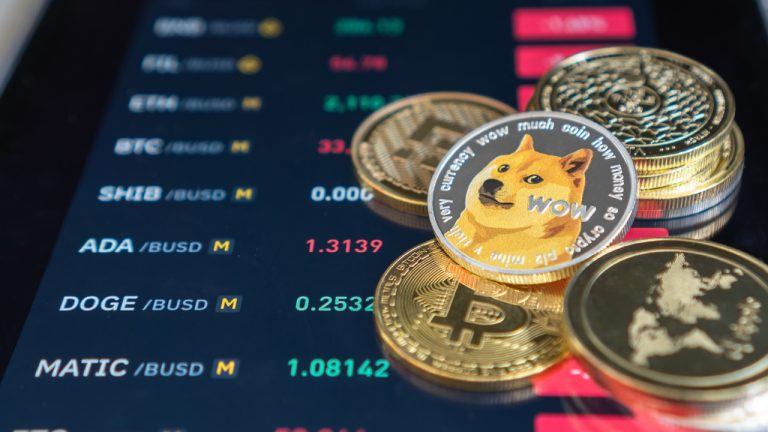
Elon Musk’s Twitter Exchange on Keys to Digital Assets Poses Custody Questions

HodlX Guest Post Submit Your Post
Elon Musk found himself jumping into a Twitter debate on cryptocurrencies, keys and custody, agreeing with only the word “exactly” in response to “not your keys, not your crypto.” This all stemmed from another user commenting on the need to end “dependence on CEXs like Binance and Robinhood.”
The exchange illustrates the struggle that some have with the structure currently in place. Many crypto enthusiasts feel as though custody should be held by the investor themselves. However, that, in many ways, is simply impractical. In particular, investment firms and institutional-grade investors are not equipped for self-custody.
Even if they technically had the ability, they haven’t the technical resources necessary. Custody in the realm of the digital asset is unlike traditional custody. It is not simply an administrative function. With crypto, custody is a matter of security. The custodian of the assets is the one responsible for their safekeeping.
If your investment consists of a Bitcoin and a handful of Ethereum, perhaps you’re not a top-tier target of chicanery. But if you have tens or hundreds of millions of dollars worth of digital assets under management, suddenly you aren’t just the target of rogue hackers but also potentially organized criminal associations and even nation-state actors.
Custody requires more than simply holding a key. Crypto custody is not the digital equivalent of holding the key which allows you entry into your gym locker. It requires you to be on guard against hackers ome of the world’s most advanced hackers. And equally important, it requires vigilance against incompetence. These problems exist for those who choose self-custody, as well as those who allow exchanges to retain custody. It even applies to those who utilize actual custody providers.
Consider the techie who held 7,500 BTC on a hard drive and threw it away accidentally. There goes $400 million in assets one. Then you have the crypto exchange CEO who died as the only person with knowledge of the key guarding the exchange’s assets.
Yes, Gerry Cotton died with $137 million in digital assets sitting in cold storage nd he alone had access to the key. Then you have digital assets custody providers. These providers are supposed to safeguard assets in cold storage. Such a provider would surely avoid these kinds of missteps. After all, they have one primary responsibility.
But alas, even custody providers have failed to answer the call. One of the leading providers in the space is embroiled in a lawsuit that alleges it is responsible for more than $70 million in losses. Is that the kind of safety one expects from a custody agency?
Elon Musk has a legitimate point questioning the logic of leaving your digital assets under the control of an exchange, especially assets that you plan to hold long-term. However, it is far too simplistic to assume that self-custody is the answer for all investors, including those who are new to crypto as well as those investors who are targets for bad actors based on the sheer value of their assets.
Instead, it is time to look at a new way to understand custody. We must begin to look at custody as a security-first functionality. That means that we must expect more from our custodians, whether via exchanges themselves or external providers.
We must expect that they stay on the cutting edge of technology hat they stay ahead of hackers and other bad actors. That they provide insurance that fully indemnifies investors for malfeasance if it does occur. And most of all, that they have a history of providing unmatched security in the technology arena.
In an industry where incompetence can cost hundreds of millions of dollars in losses, it is simply unacceptable to trust new entrants to the market backed by big investors who are solely looking to diversify their holdings to include companies in the digital assets space.
Richard Gardner serves as the CEO of Modulus, an international financial technology firm, and has been a globally recognized subject matter expert for more than two decades, offering complex insight and analysis on cryptocurrency, cybersecurity, financial technology, surveillance technology, blockchain technologies and general management best practices.
Follow Us on Twitter Facebook Telegram
Disclaimer: Opinions expressed at The Daily Hodl are not investment advice. Investors should do their due diligence before making any high-risk investments in Bitcoin, cryptocurrency or digital assets. Please be advised that your transfers and trades are at your own risk, and any loses you may incur are your responsibility. The Daily Hodl does not recommend the buying or selling of any cryptocurrencies or digital assets, nor is The Daily Hodl an investment advisor. Please note that The Daily Hodl participates in affiliate marketing.
Featured Image: Shutterstock/pinkeyes
The post Elon Musk’s Twitter Exchange on Keys to Digital Assets Poses Custody Questions appeared first on The Daily Hodl.
Go to Source
Author: Richard Gardner









